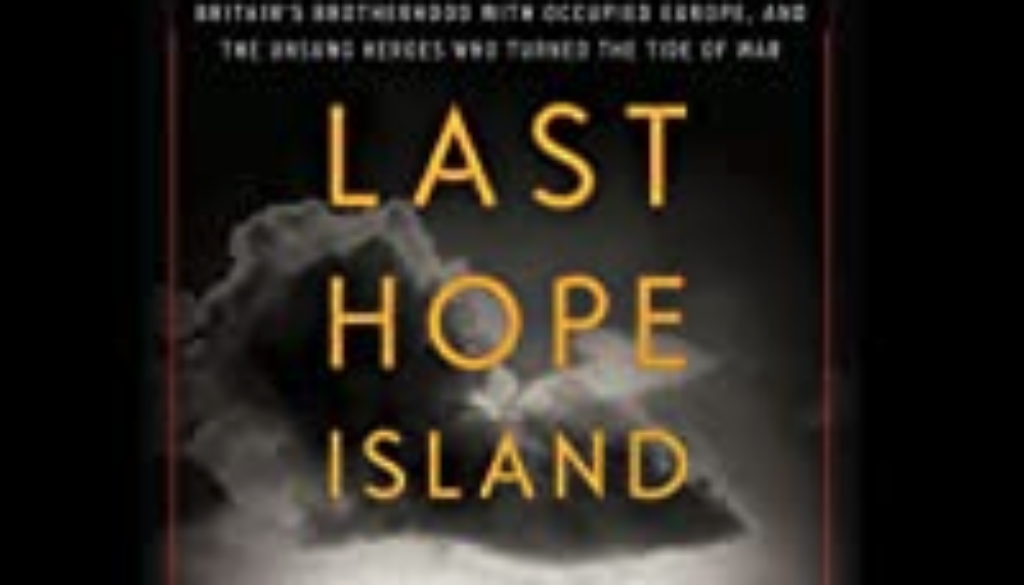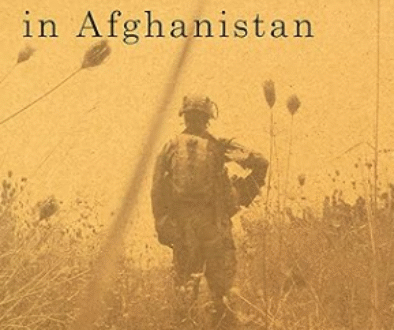Last Hope Island by Lynne Olson
I was hesitant to commit to reading Last Hope Island by Lynne Olson when a neighbor recommended it, but finally decided to give it a try. Boy, am I glad I did! The book discusses how England opened its doors to the exiled governments of Norway, The Netherlands, Belgium, France, Czechoslovakia, and Poland, after their countries were overrun by the Germans at the beginning of World War II. In many other histories, once these countries are occupied by the Germans, they are only discussed as the sites of future battles. With the exception of the French resistance and an occasional reference to Charles de Gaulle, little is said about the crucial role these countries played in the Allied war effort and in shaping postwar Europe.
I found Poland’s case particularly impactful. First, despite its initial defeat at the hands of the Nazi blitzkrieg, Poland played an outsized role in the Allied victory. For example, it was Poland – not the UK – that initially broke the German Enigma code, allowing the British to read German military communications throughout the war. Second, Polish fighter squadrons were instrumental in tipping the scales in the Battle of Britain, with their pilots known for their skill and daring. Third, almost 200,000 Polish troops fought under British command. Yet despite these and innumerable other contributions, the West turned its back on Poland at the end of the war, with the UK even going so far as not inviting Polish troops to participate in the international victory parade in London for fear of offending Stalin.
Last Hope Island also describes the success of the resistance movements in the six occupied countries, despite British ineptness in directing their operations and the ferocity of German retaliation in response to their efforts. After learning of the privations in these countries and the resilience of their people, I feel compelled to travel there and learn more about their histories. The Netherlands stands out in particular, as the nation was brought to the brink of starvation after rising up against the Germans with the expectation of being liberated in the fall of 1944, only to see the Allies pass them by on their drive towards Germany.
After reading Last Hope Island, I have an even deeper appreciation for the importance of NATO and a better understanding of the underpinnings of the European Union and why Britain left the Union in 2016. Finally, I can’t help but draw parallels between the way Stalin held Soviet troops on the outskirts of Warsaw while the Germans destroyed the city with the way Putin is systematically destroying Ukraine.
This book is a definite read. You’ll love the way it intermixes historical events with personal stories of heroism and survival. If you enjoy history with a personal touch, you’ll really like Last Hope Island. You can purchase it on Amazon by clicking here.




